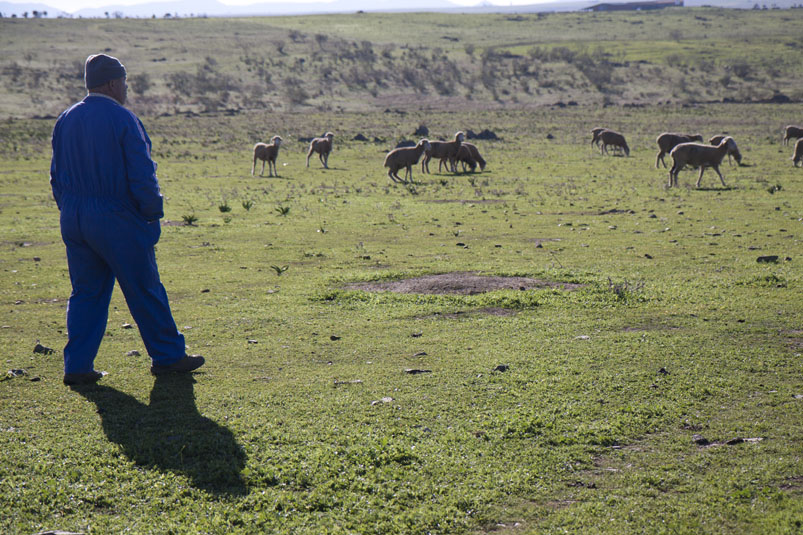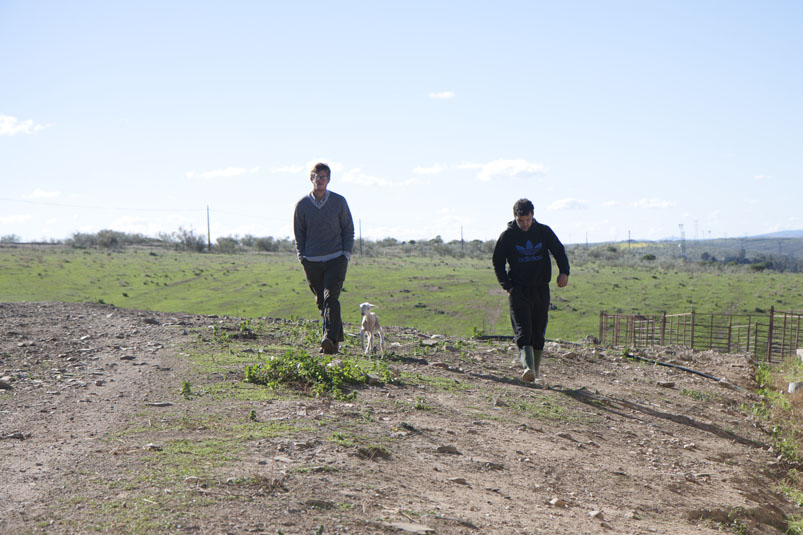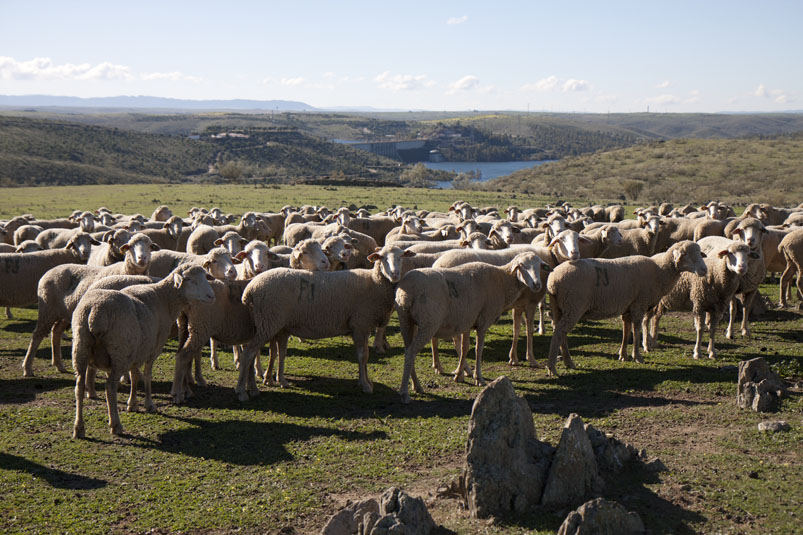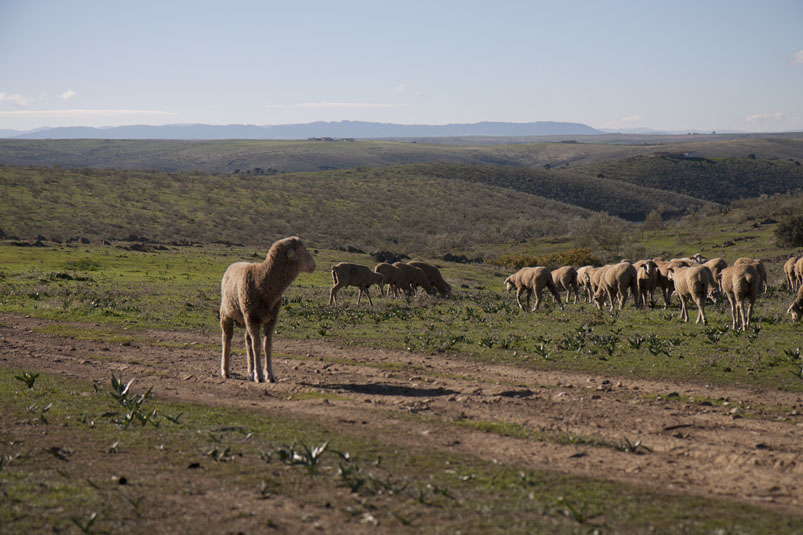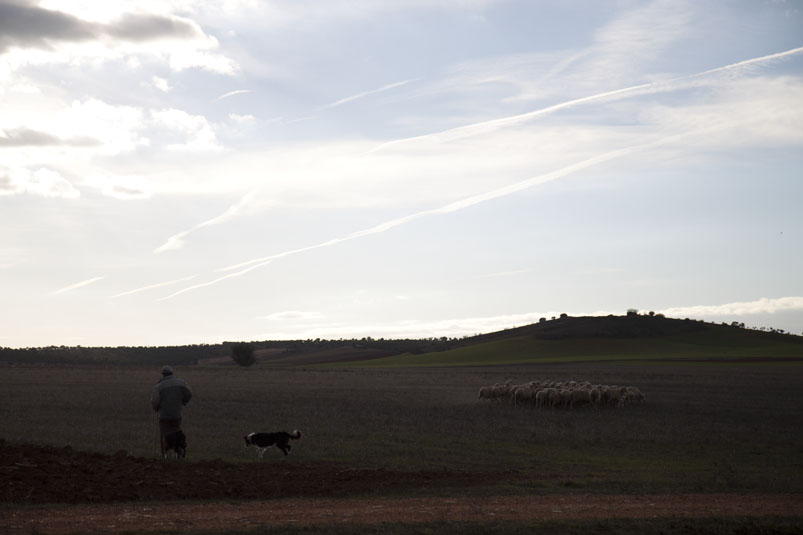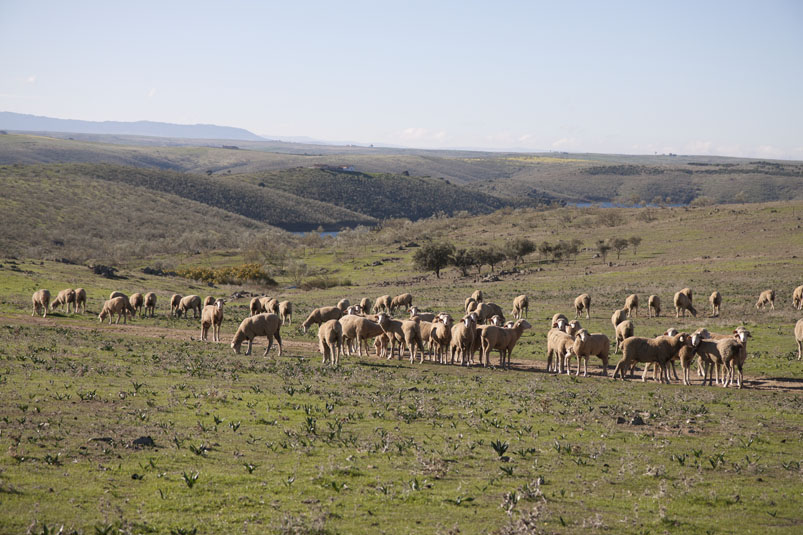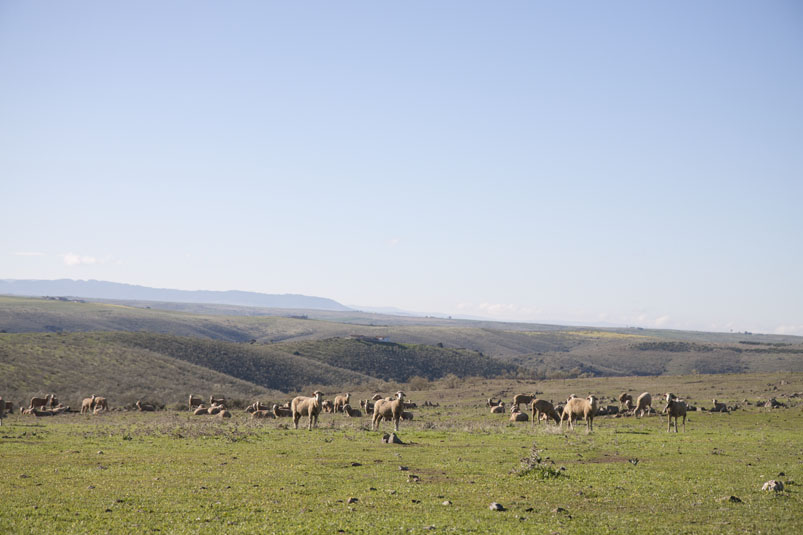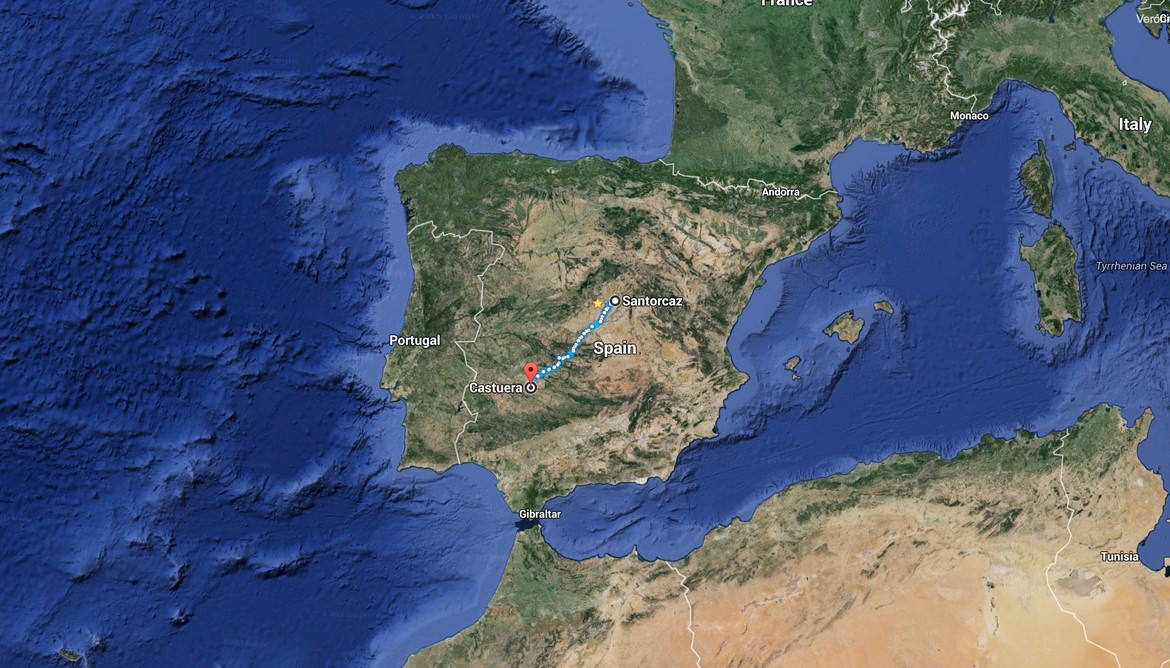Traceability
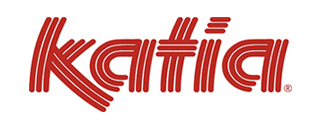
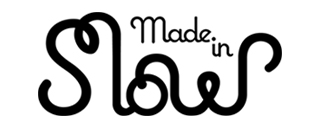
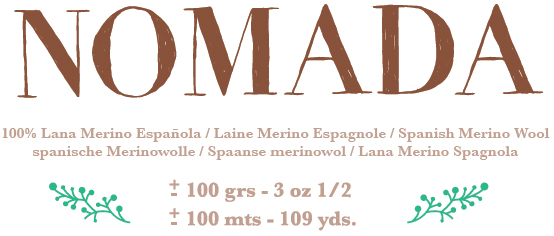
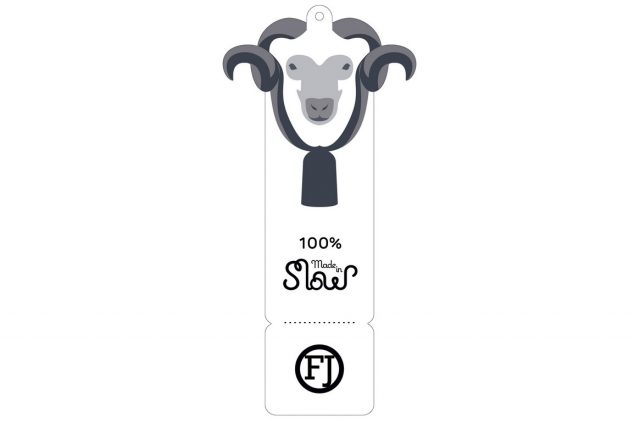
Transhumance in Spain is the transferring or moving of sheep by their shepherds from summer to winter pastures, and vice versa. It arises from the strong seasonal differences in weather in the Iberian Peninsula. This activity was regulated as long ago as the thirteenth century by King Alphonso the Wise, who created a sheep-owners’ guild called the Mesta. It continues down to the present day, keeping alive a unique cultural heritage.
The product you have bought is part of the Transhumance by Made in Slow project which returns to using wool from transhumance merino sheep. This wool comes from the Los Serranos flock belonging to Florencio Jiménez Máinez. Below you can read a few details about his day-to-day life.
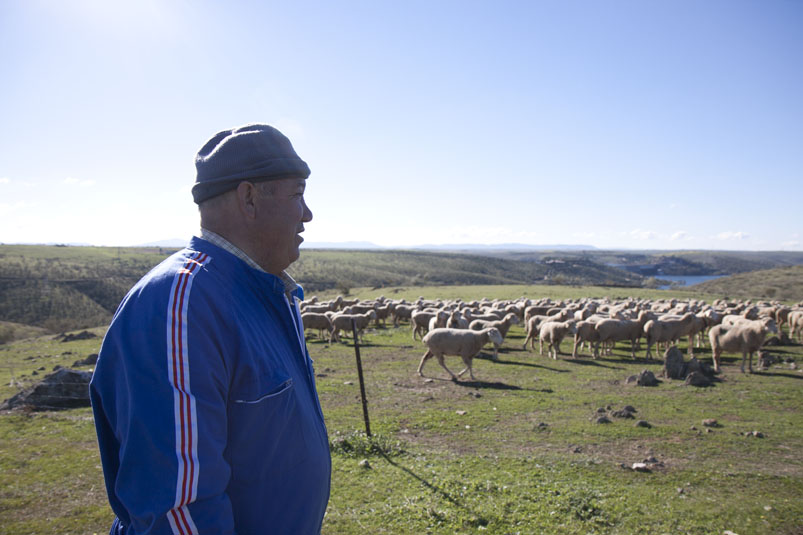
Florencio and his flock in Estremadura on the Monreal Estate
Florencio was born into a family of transhumant sheep-owners in the Province of Soria. It was his grandfather and father who taught him the trade. For the past eighteen years he’s been travelling with his flock of 800 merino sheep from Castuera in Estremadura to Santorcaz in the Madrid Region, staying there from July to November.
He uses lands which, in the past, were occupied by flocks that came from Sena de Luna in the Province of Leon, in a fertile enclave of the Monreal Estate in Estremadura that lies between the Zújar Dam and the village of Puebla de Alcocer. His rams are very highly thought of by other sheep-owners. So much so that any rams he sells are used to improve the merino breed.
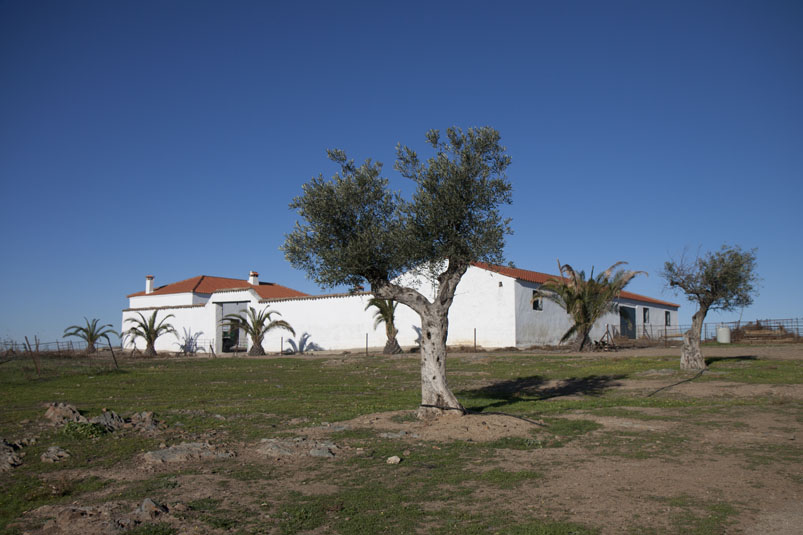
This pleasant spot in Estremadura is where the flock enjoys winter pastures
Florencio continues with this activity because of the benefits to his flocks of eating up the stubble on fields that have been used for growing peas, lentils, wheat, sunflowers or other such crops. In addition, there is the advantage of giving meadowlands a rest because farms in Estremadura do much better if there is transhumance, letting winter pasture grow untouched during the summer. He’s been thinking about changing his summertime destination because in recent years his flock has sometimes had to go short of water due to the worsening heat and drought conditions.
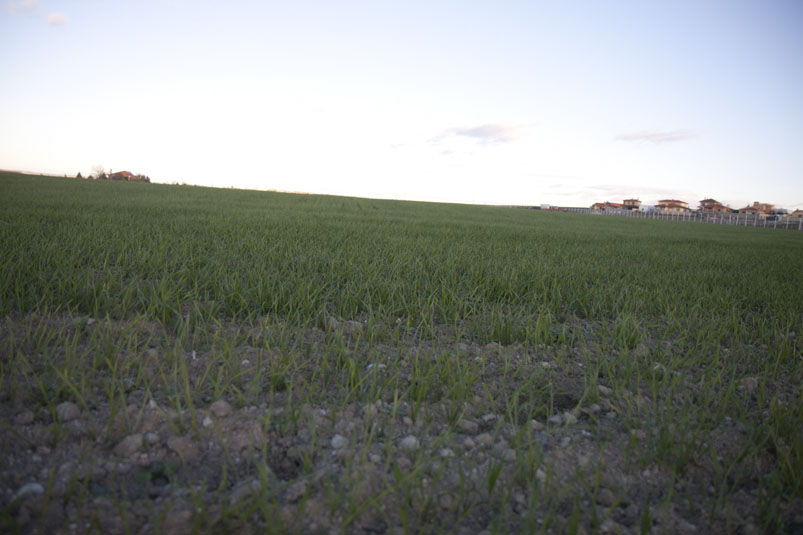
Stubble left behind after crops have been harvested is the main food for the flock in the summer months at Santorcaz in the Madrid Region
His son Miguel is keen to carry on with this activity, concentrating on excellence, as long as there is an increase in yield of the products originating from the flock. Florencio says it’s hard to find shepherds to help them with the work.
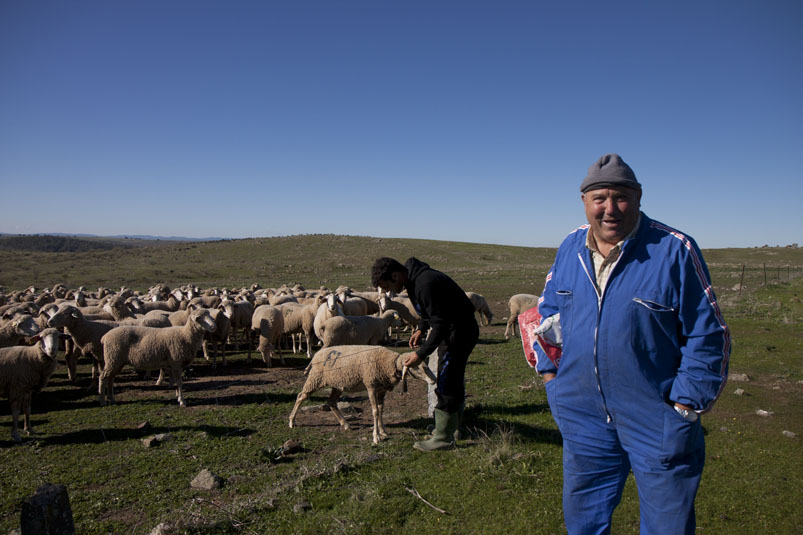
Florencio and his Miguel tending their flock on the winter pastures
He thinks a good approach to transhumance should be based on two pillars:
reactivating the activity and raising public awareness in rural areas where it takes place, and One would be encouraging more of this activity in the country areas where it exists. The other would be smoothing over any tensions with arable farmers with whom it shares the land.
Being able to do all the necessary bureaucratic paperwork on line has been a great boon in the last few years. All the same, major improvements are still needed. One of these would be to get the designated sheep-tracks, known as cordeles**, back into good shape. At the moment, some have been abandoned, some are in poor repair, and a few have even been interrupted at points by roads, power lines or railways.
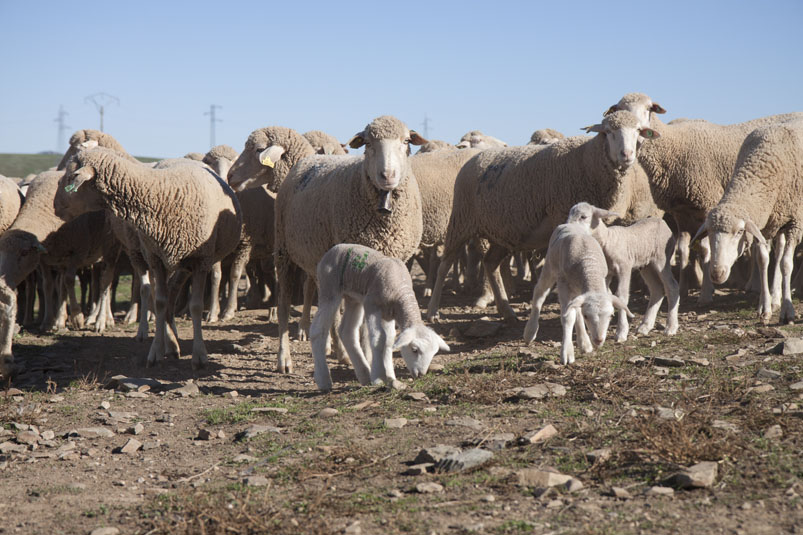
Detail of Florencio’s merino flock
Thanks your purchase, you have participated in helped the Transhumance by Made in Slow project for the recuperation and appreciation of transhumance merino wool, which aims to return to using wool from merino sheep involved in transhumance and to get full benefit from it. Every little helps: Because every story counts: Made in Slow.
Photo gallery

Nomada is a journey to tradition, a way of life and a vision of the future.
This wool collection, 100% of Spanish origin and production, invites us to rediscover transhumance and pastoralism.
The wisdom of an ancient craft whose continual evolution has allowed it to adapt to nature by making the most of its resources without harming them, preserving a priceless biodiversity.
Km 0 wools, made in Spain from native sheep. With a Made in slow hallmark: locally made, with care and respect.
Each ball of yarn is a unique story waiting to be discovered. On every label there is a QR code that identifies the source of each yarn connecting us with each shepherd and their flock.
This is Nomada. Hundreds of faces and stories. A thousand and one sensations. Balls of yarn with a soul that takes us back to our roots.

